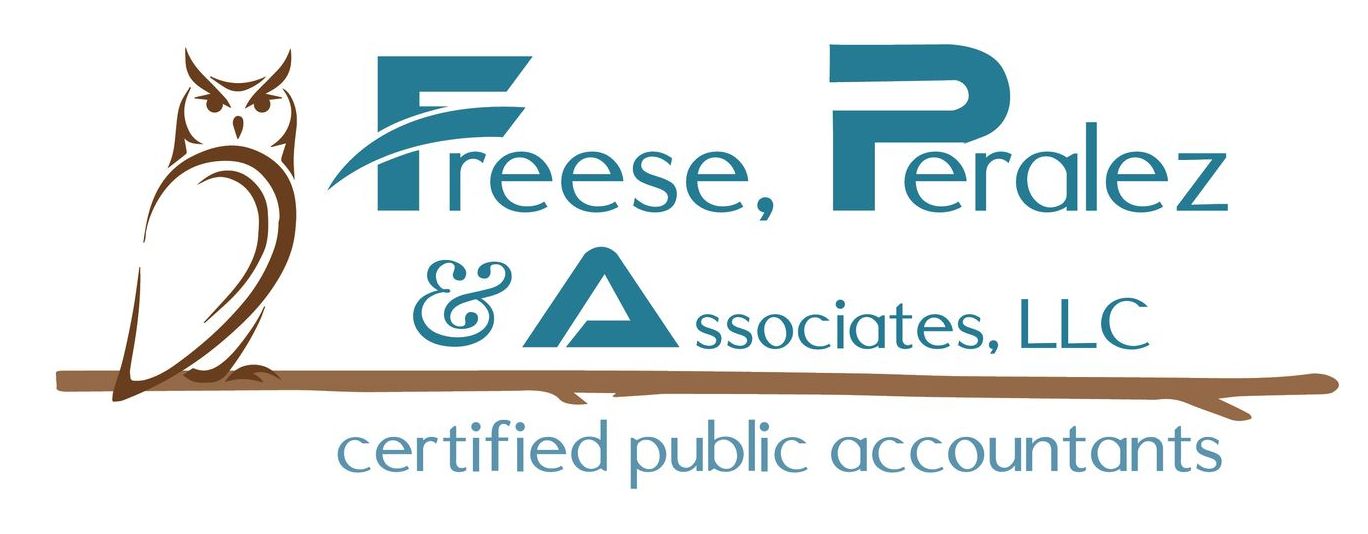Don't Miss the Tax Deadline: File for an Extension
Don't Miss the Tax Deadline: File for an Extension
Don't Miss the Tax Deadline: File for an Extension
Understanding the Tax Deadline and Filing Extensions
The April 15 tax filing deadline is quickly approaching. However, if you're not quite ready to file your taxes, you have the option to request an extension. Filing for an extension on Form 4868 can give you until October 15 to submit your tax return, helping you avoid the dreaded "failure-to-file" penalties.
The Difference Between Filing and Paying Taxes
It's important to note that an extension only provides extra time to file, not to pay. Whatever tax you estimate is owed must still be sent by April 15, or you'll incur penalties – and as you'll see, they can be quite steep.

Penalties for Failing to File and Pay
Failure-to-Pay Penalty
The failure-to-pay penalty runs at 0.5% for each month (or part of a month) the payment is late. For example, if payment is due April 15 and is made May 25, the penalty is 1% (0.5% times 2 months or partial months). The maximum penalty is 25%.
Failure-to-File Penalty
The failure-to-file penalty is more severe, running at 5% per month (or partial month) of lateness to a maximum of 25%. However, if you file for an extension on Form 4868, you're not filing late unless you miss the extended due date.
Combination of Penalties
If both the failure-to-pay and failure-to-file penalties apply, the failure-to-file penalty drops to 4.5% per month (or part) so the combined penalty is 5%. The maximum combined penalty for the first five months is 25%. Thereafter, the failure-to-pay penalty can continue at 0.5% per month for 45 more months (an additional 22.5%). Thus, the combined penalties can reach a total of 47.5% over time.
Exceptions and Abusive Situations
Both penalties may be excused by the IRS if lateness is due to "reasonable cause" such as death or serious illness in the immediate family. In particularly abusive situations involving a fraudulent failure to file, the late filing penalty can jump to 15% per month, with a 75% maximum.
If you have any questions about filing Form 4868 or navigating the complexities of IRS penalties, the experts at Freese, Peralez & Associates are here to help. Contact us today to ensure you stay compliant and avoid costly mistakes.
Conclusion
Don't let the tax deadline catch you off guard. If you're not ready to file by April 15, consider filing for an extension to give yourself more time. But remember, an extension only applies to the filing, not the payment. Freese, Peralez & Associates can guide you through the process and help you minimize any potential penalties. Reach out to our team today to get started.
















